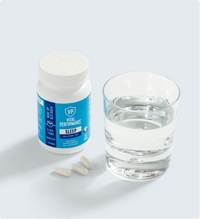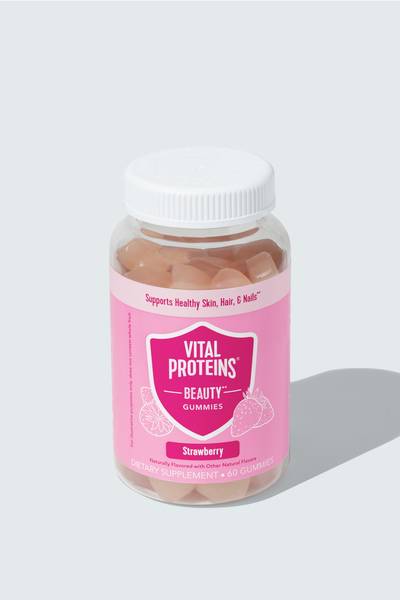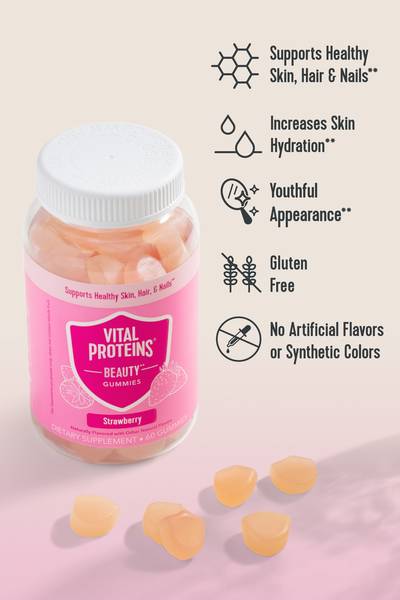Beauty is a language all on its own that continues to develop with micro-complexity due to emerging new terms. And like any language, if there’s a barrier, fully understanding what’s being communicated is like applying liquid liner – it’s hard. Take glycolic acid as an example. How many people use it just because they hear it’s great for exfoliating without knowing if it’s the best acid for their skin type? A blind choice can either soothe or ignite an inflammatory response.
Even a beauty influencer can feel like she’s in a foreign land when browsing her local apothecary. As beauty terms start to sound more scientific to accompany its ever-increasing research, consumers will need more than their wallets when shopping for skincare products; they’ll need education too.
Knowing you need hyaluronic acid is only half the battle. Research says you’ll need to know its molecular weight as well. It’s hard keeping up with it all, and as beauty continues to drive retail, rampant research (and the terms that follow) is expected. Check out these 10 buzzy beauty terms and level up your beauty lingo.

Buzzy Beauty Terms You Should Know
Adaptogens
These are plants or herbs that stabilize your response to fatigue and stress. Stressors can be both physical and mental, and include high altitudes, stressful work environments, charged emotions, extreme temperature changes, etc. One of the more well-known adaptogens is ginseng.
Anti-pollutions
These are products that help reverse skin damage caused by air pollutants. First published in a 2016 New York Times guide, these products include blends of antioxidants, acids and compounds that work in sync to neutralize the effects pollution has on skin.

Ingestibles
In the beauty world, ingestibles are supplements taken to help promote ‘beauty from within,’ another buzzy beauty phrase. They include ingredients popular in topical treatments like collagen, hyaluronic acid and biotin. Research supports ingestibles may work more effectively to promote healthy skin.
Glutathione
Quickly becoming as popular as vitamin C due to uber-popular IV shots, this antioxidant can neutralize oxygen damage.
Glycation
Glycation is the process of sugar molecules cross-link with proteins and produce molecules that contribute to signs skin aging.

Peptides
Molecules are often too large to penetrate the epidermis to benefit the skin. Peptides are fragments of a collagen molecule that can easily reach the deeper layers of skin. They are popular in both topicals and ingestibles.
Probiotics
A healthy gut can equal healthy skin. Sensitivity, redness, acne, excessive sebum production and dryness are common skincare concerns often linked to gut health. Probiotics are live microorganisms (bacteria and yeast) that help promote balance in the gut, improving its health.
Related Articles
Oxidative Stress Relief
Oxidation happens when cells are under the attack of free radicals. Oxidative stress relief ensures healthy antioxidant levels in skin that combat these attacks before they happen.
Quercetin
A popular flavonoid used to boost skin’s antioxidant levels.
Water-less
Water is great, but it breeds bacteria. Many skincare brands are going waterless to eliminate the need for unnatural preservatives that help prolong the life of water-based products.













